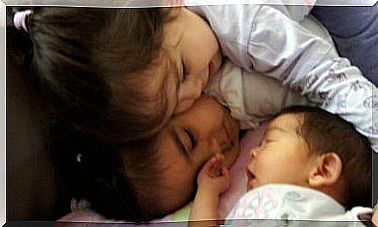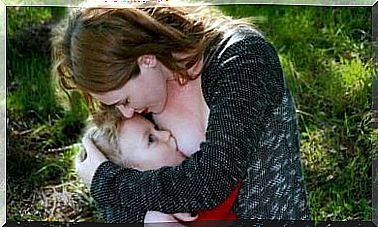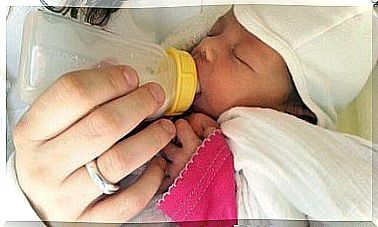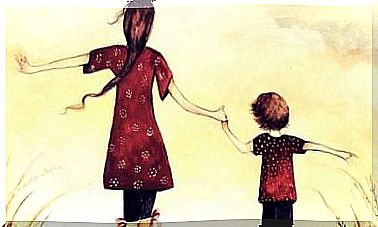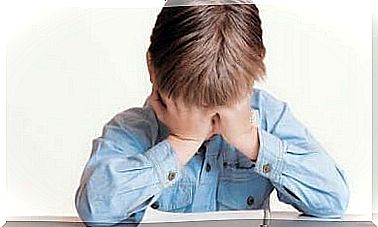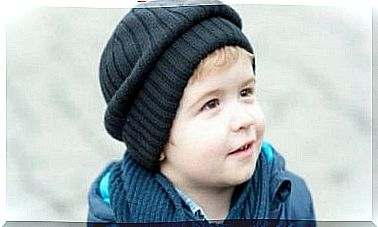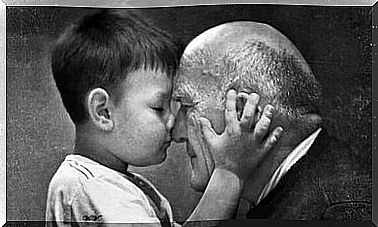Do You Arouse Fear In Your Child Without Knowing It?
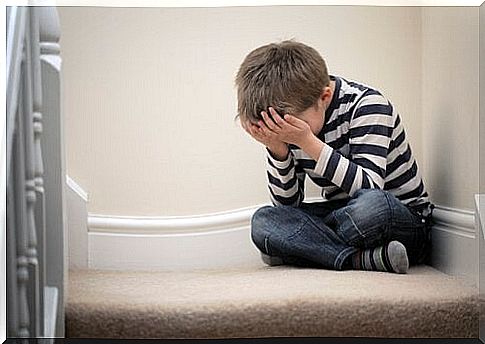
Do you arouse fear in your child ? Often, and without realizing it, parents can create certain insecurities that are later reflected in the psycho-emotional development of their children.
It is therefore important to understand and decipher the symptoms your child is developing related to stress and anxiety.
What are the reasons for anxiety in children?
Children are usually positive and in good spirits. You are always full of energy and looking for new adventures.
However, when a prolonged change in a child’s behavior shows for no apparent reason, it is time to act. It is important to take the time to analyze what is behind this change.
The first step for parents is to observe themselves and ask: Do my attitudes and actions cause fear in my child?
You should also look to your friends and family who are in constant contact with your child.
Sometimes parents can unwittingly sow insecurities in their children. These insecurities then lead to stress and anxiety.
Although it is not your intention, you can instill fear in your child by being overly authoritative. The opposite extreme – excessive compliance – can also be a trigger.
Here are some examples of specific attitudes known to induce fear:
- over-anxious upbringing
- Denying your child the development of their own personality
- Don’t allow your child to make their own decisions
- Constant criticism
Signs and symptoms of anxiety in children
Children suffering from anxiety and stress develop very clear symptoms that any parent can identify. However, it is important for parents to be aware of these symptoms in order to recognize them. Parents also need to be alert to changes in their children’s behavior.
Symptoms of stress and anxiety usually appear in two well-defined areas in the child’s life. On the one hand emotionally and on the other hand physically. In general, these two areas go hand in hand. Symptoms can appear individually or several at once.
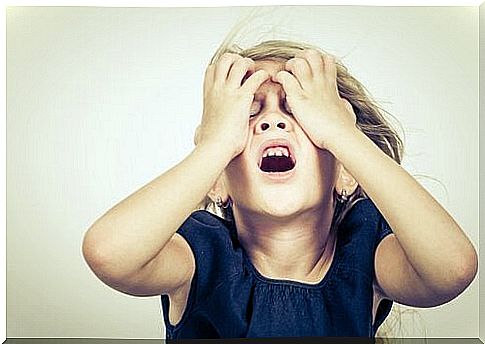
Emotional symptoms
Without a doubt , one of the most obvious symptoms of anxiety is a lack of empathy. Another equally prevalent symptom is indifference.
This indifference can be against school and study, or even against toys, friends, and other activities your child might otherwise enjoy.
Other signs include sadness, loss of appetite, irritability, aggressive behavior, fear, insecurity, lack of concentration.
If your child is afraid, there are often negative thoughts too.
Physical symptoms
When stress and anxiety reach a higher level, physical symptoms also appear. These symptoms can be so severe that they are sometimes mistaken for other diseases. That is why it is important to pay attention to the emotional symptoms as well.
Anxiety can cause a variety of physical symptoms. Your child can have anything from increased sweating or tachycardia to severe headaches and abdominal pain.
Other physical signs may include stuttering, bed-wetting, muscle pain, tremors, fainting, immobility, constant runny nose, or constant crying.
How to deal with fear in your child
The best way to deal with the fear your child is suffering from is to identify the cause and eliminate it. Therefore, self-examination is the first step.
The second step is to see if your child has been suffering from anxiety recently, or whether it has been for a long time. You may call in a specialist to help you and your child deal with the negative feelings.
Maintain constant, open, and respectful communication with your child. It is the key to your child’s trust. At the same time, parents can make small changes that will help their child reduce their stress levels.
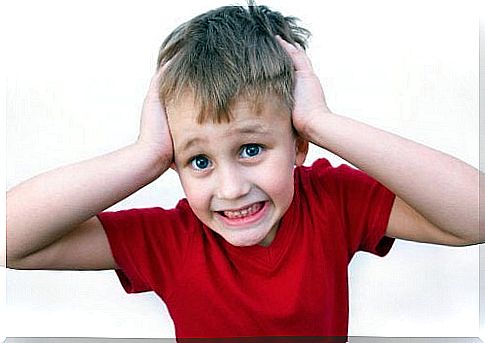
It is very important that you do not become over caring. Also, be careful what you say so that you don’t constantly criticize or correct your child.
Give your child the freedom to make their own decisions instead of deciding everything for them. This will help secure his mental and emotional development.
If your child’s anxiety doesn’t go away despite the suggestions above, seek professional help. A specialist can suggest psychological support, medicine, or family therapy.
Do you arouse fear in your child? Fortunately, this is a problem that can be fixed with simple measures.
The most important step is to recognize the symptoms and behavior changes in your child to help them change this emotional state. With a little patience and lots of love, your child will be happy, enthusiastic and full of energy again.

